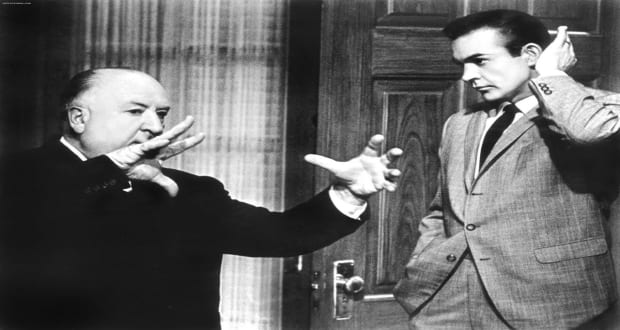When Pulp Fiction thundered into theatres a year later, Stanley Crouch in the Los Angeles Times called it a high point in a low age
. Time declared, It hits you like a shot of adrenaline straight to the heart.
In Entertainment Weekly, Owen Gleiberman said it was nothing less than the reinvention of mainstream American cinema.
Made for $8.5 million, it earned $214 million worldwide, making it the top-grossing independent film at the time. Roger Ebert called it the most influential
movie of the 1990s, so well-written in a scruffy, fanzine way that you want to rub noses in it—the noses of those zombie writers who take ‘screenwriting’ classes that teach them the formulas for ‘hit films’.
Pulp Fiction resuscitated the career of John Travolta, made stars of Samuel L Jackson and Uma Thurman, gave Bruce Willis new muscle at the box office, and turned Harvey and Bob Weinstein, of Miramax, into giants of independent cinema. Harvey calls it the first independent movie that broke all the rules. It set a new dial on the movie clock.
It must be hard to believe that Mr Tarantino, a mostly self-taught, mostly untested talent who spent his formative years working in a video store, has come up with a work of such depth, wit and blazing originality that it places him in the front ranks of American filmmakers,
wrote Janet Maslin in The New York Times. You don’t merely enter a theatre to see Pulp Fiction: you go down a rabbit hole.
Jon Ronson, critic for The Independent, in England, proclaimed, Not since the advent of Citizen Kane … has one man appeared from relative obscurity to redefine the art of movie-making
— via redwolf.newsvine.com















 RSS – Posts
RSS – Posts